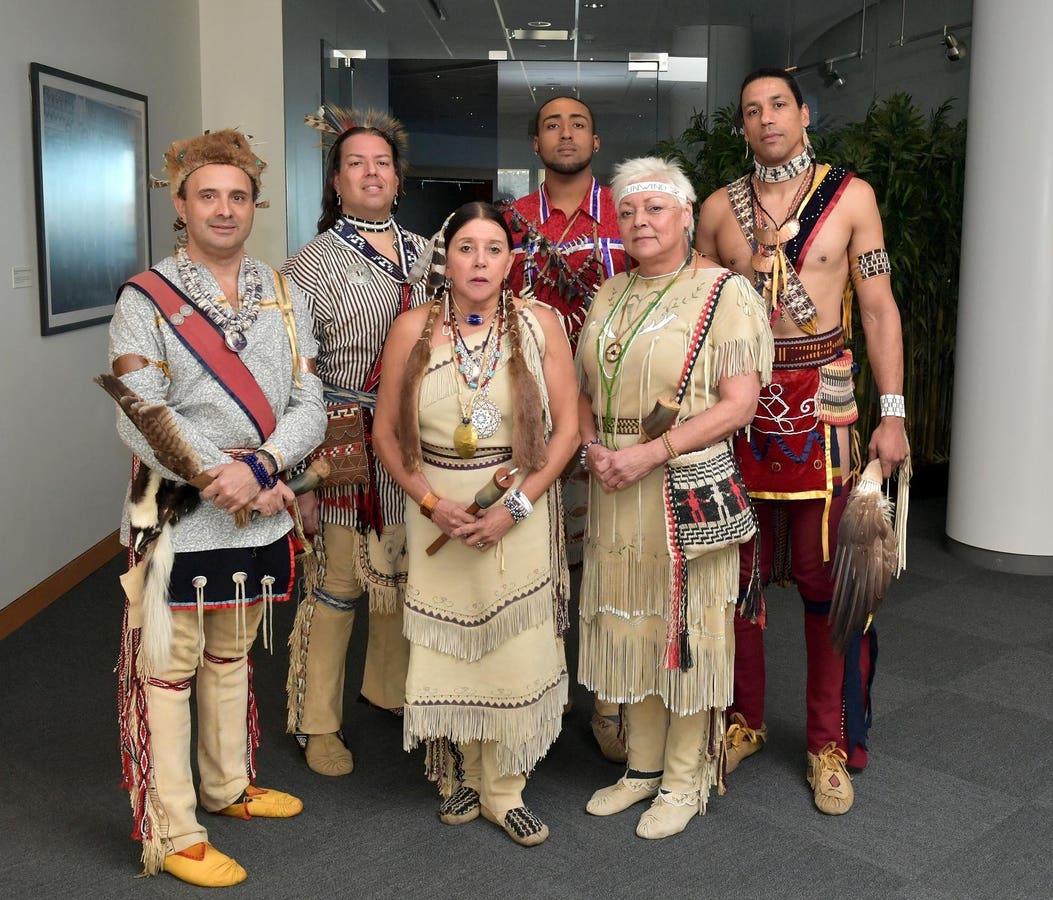President Biden proclaimed November 2023 to be National Native American Heritage Month, a time to reflect and celebrate the enormous contributions of Native Americans to American culture and society, including but not limited to the arts, humanities, sciences and public service.
The nearly 8.75 million individuals who identify as Native Americans have had a complicated history in the United States, including a series of wars, ethnic cleansing and enslavement.
The challenges this unique population has faced revolve not only around politics, but also health, and in particular health disparities related to alcohol use.
Although some tribes used fermented beverages for various ceremonies in the pre-colonial era, potent and more abusable forms of alcohol were largely introduced to Native Americans by European colonial settlers. Colonialists often introduced alcohol as a means of trade and social interaction.
Assessing the effects of alcohol on the Native American population is difficult and there exists great variability in alcohol use among Native Americans. Importantly, according to research in Drug and Alcohol Dependence, the majority of Native Americans actually abstain from alcohol. Despite this, research from the Treatment Episode Data Set shows that Native Americans have the highest rate of substance dependence or abuse as compared to any other racial group.
According to the Indian Health Service, from 2016-2020, Native Americans experienced a higher rate of alcohol-related deaths than the rest of the US population; at a rate of 51.9/100,000 compared to 11.7/100,000. In addition, morbidity and mortality related to alcohol use remain significantly higher for Native Americans compared to other groups in America.
The effects of alcohol in the Native American population have led to high rates of accidents, injuries, violence, mental health issues like depression and anxiety as well as chronic long term-conditions such as chronic liver disease directly related to alcohol. As an example, in 2018, Native Americans were 1.8 times more likely to be diagnosed with chronic liver disease compared to Non-Hispanic Whites and almost 4 times more likely to die than Non-Hispanic Whites, according to the US Department of Health and Human Services Office of Minority Health.
What is crystal clear is the fact that alcohol continues to cripple the lives of hundreds of thousands of Native Americans. According to the American Public Health Association, alcohol has no health benefits. Alcohol is also strongly linked with many cancers, including but not limited to cancers of the breast, colon, mouth, esophagus and liver.
Although the health impact of alcohol on Native Americans is complex and likely a result of multiple factors including political, genetic, social and cultural influences, we must never forget that abusable forms of alcohol were foreign to Native American culture before Europeans came to settle in America. Alcohol become more mainstream in Native American culture only after interactions with Europeans on their native lands.
With these facts in mind, the question is immediately raised as to why American culture continues to glamorize alcohol, touting its use at important social events and associating it with beautiful models on television. Instead of mainstream acceptance of alcohol as a social bridge in bringing people together, this drug should be understood for what it really is- a drug that has no health benefits that results in detrimental effects to health.
As President Biden states in his proclamation about Native Americans, “They serve in the United States Armed Forces at higher rates than any other ethnic group.” We should and must honor them by improving our alcohol education and prevention programs, providing as much access to equitable healthcare as possible and allow them to connect with their traditional cultural practices so they feel a sense of belonging. A powerful way to honor our nation’s first inhabitants throughout National Native American Heritage Month would include emphasizing the health disparities that continue to occur in conjunction with alcohol consumption so that we continue to turn the national narrative in a healthier direction for all.
Read the full article here





